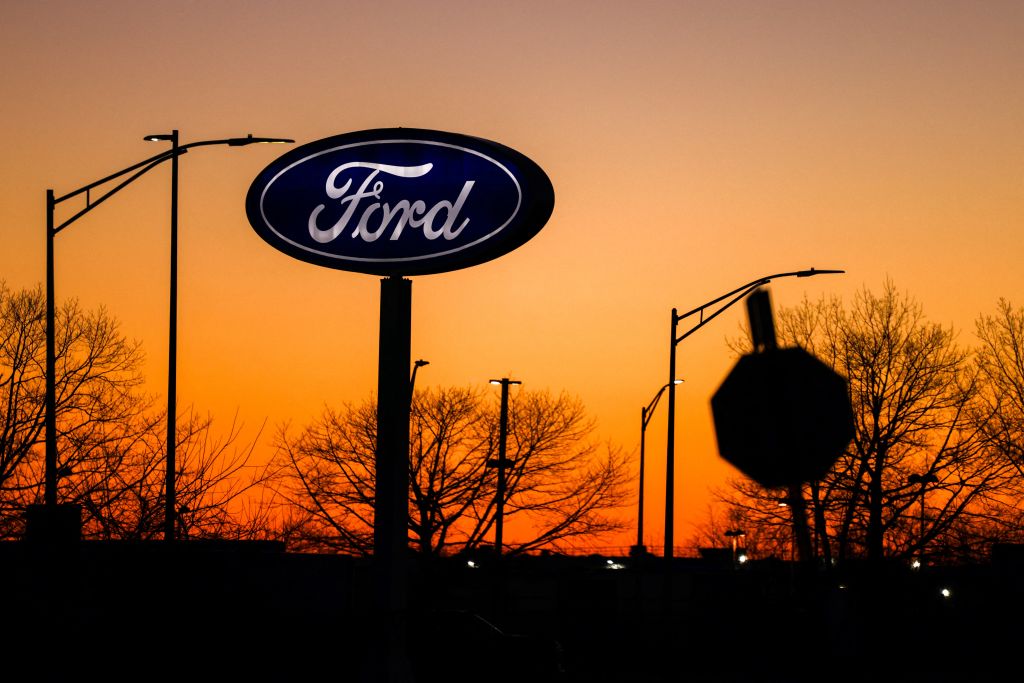
Ford has announced further delays in the production of its highly anticipated electric vehicles (EVs) affecting two key models:
- Next-Generation EV Pickup: Now scheduled for release in 2026, representing a delay of one year.
- Three-Row EV SUV: Now scheduled for release in 2027, representing a delay of two years.
Instead, Ford plans to introduce hybrids across its U.S. lineup.
The decision to postpone production aligns with previous signals from Ford’s CEO, Jim Farley, who hinted at potential delays in planned investments last fall, amounting to $12 billion. During an earnings call in February, Farley emphasized the increasing significance of hybrids in the industry’s transition, indicating a strategic shift for the company towards bolstering cash flow and near-term profits.
This move is likely to receive a positive reception from Wall Street, especially after Toyota reported a 22% year-over-year sales increase in the United States, driven by strong demand for hybrids. While this strategic shift underscores Ford’s ongoing challenge to balance innovation with profitability, it highlights the logical approach taken by the company, particularly in times of uncertainty.
Unlike many established automakers, Ford has historically thrived when embracing a startup mindset, a trait evidenced by its success stories such as the Mustang Mach-E.
The Mustang Mach-E, an all-electric crossover, exemplifies Ford’s ability to innovate and disrupt the market. Initially conceived as a conventional crossover with an electric motor at the front, the project underwent a radical transformation under then-CEO Jim Hackett’s direction, resulting in a crossover that has consistently performed well in U.S. EV sales.
This agility and willingness to pivot have been hallmarks of Ford’s history. From Taurus in the 1980s to the introduction of the Explorer in the 1990s, Ford has repeatedly demonstrated its ability to anticipate market trends and redefine industry standards. Farley’s predecessors were essentially mixing and matching designs, platforms, and manufacturing techniques while retaining largely the same engine configuration.
However, Ford’s transition to electric vehicles presents unique challenges. Unlike previous innovations that involved iterating on existing technologies, electric vehicles demand a fundamental reimagining of the automotive paradigm.
Ford’s recent EV offerings, such as the Mustang Mach-E and the F-150 Lightning, have garnered praise for their excellence but have fallen short of expected success due to pricing concerns and inadequate charging infrastructure.
In response, Ford has initiated efforts to address these challenges head-on. The formation of a skunkworks led by former Tesla executive Alan Clarke underscores Ford’s commitment to developing cost-effective EV solutions, potentially rekindling the startup spirit that has fueled its past successes.
Related News:
Featured Image courtesy of CHARLY TRIBALLEAU/AFP via Getty Images
